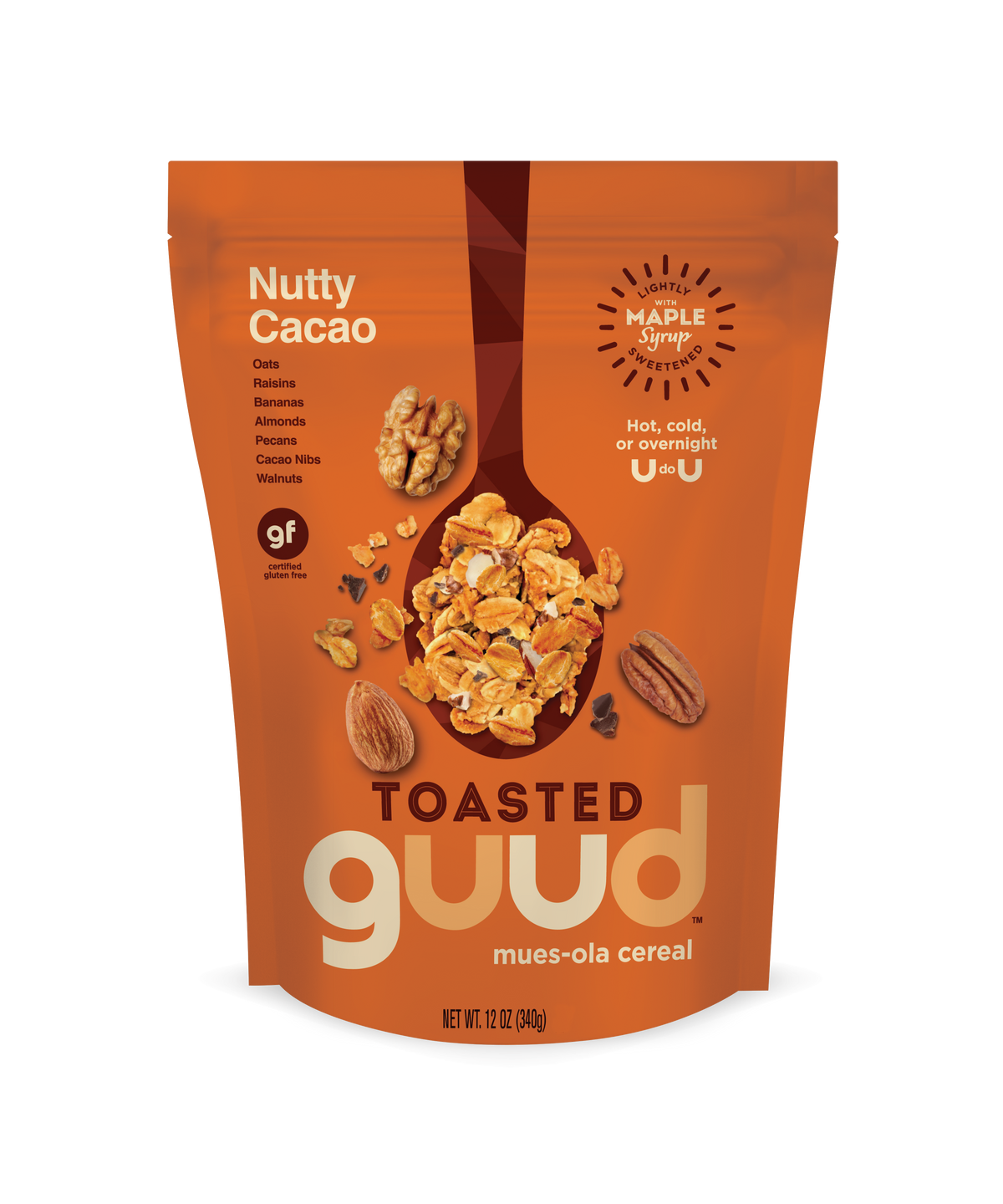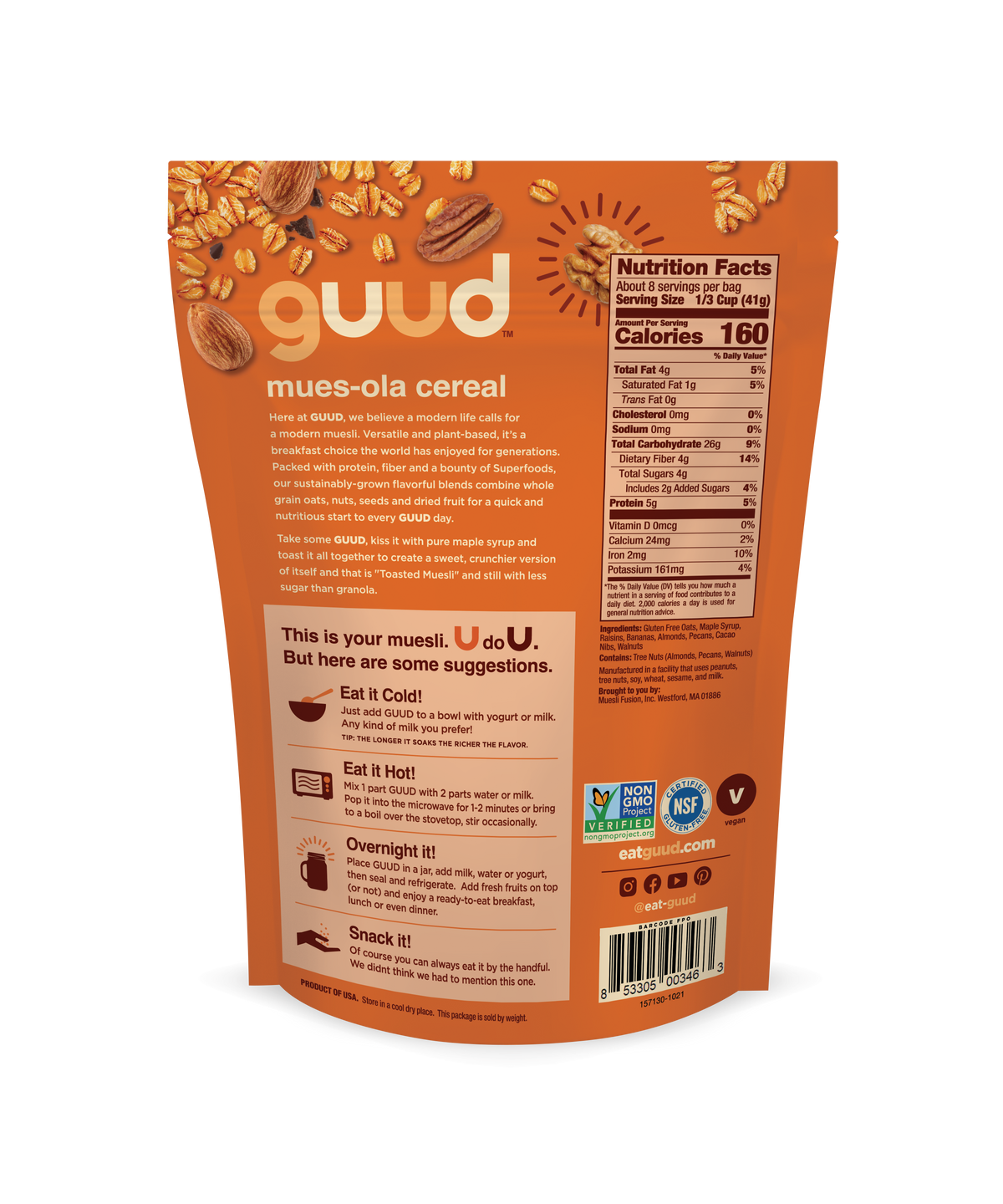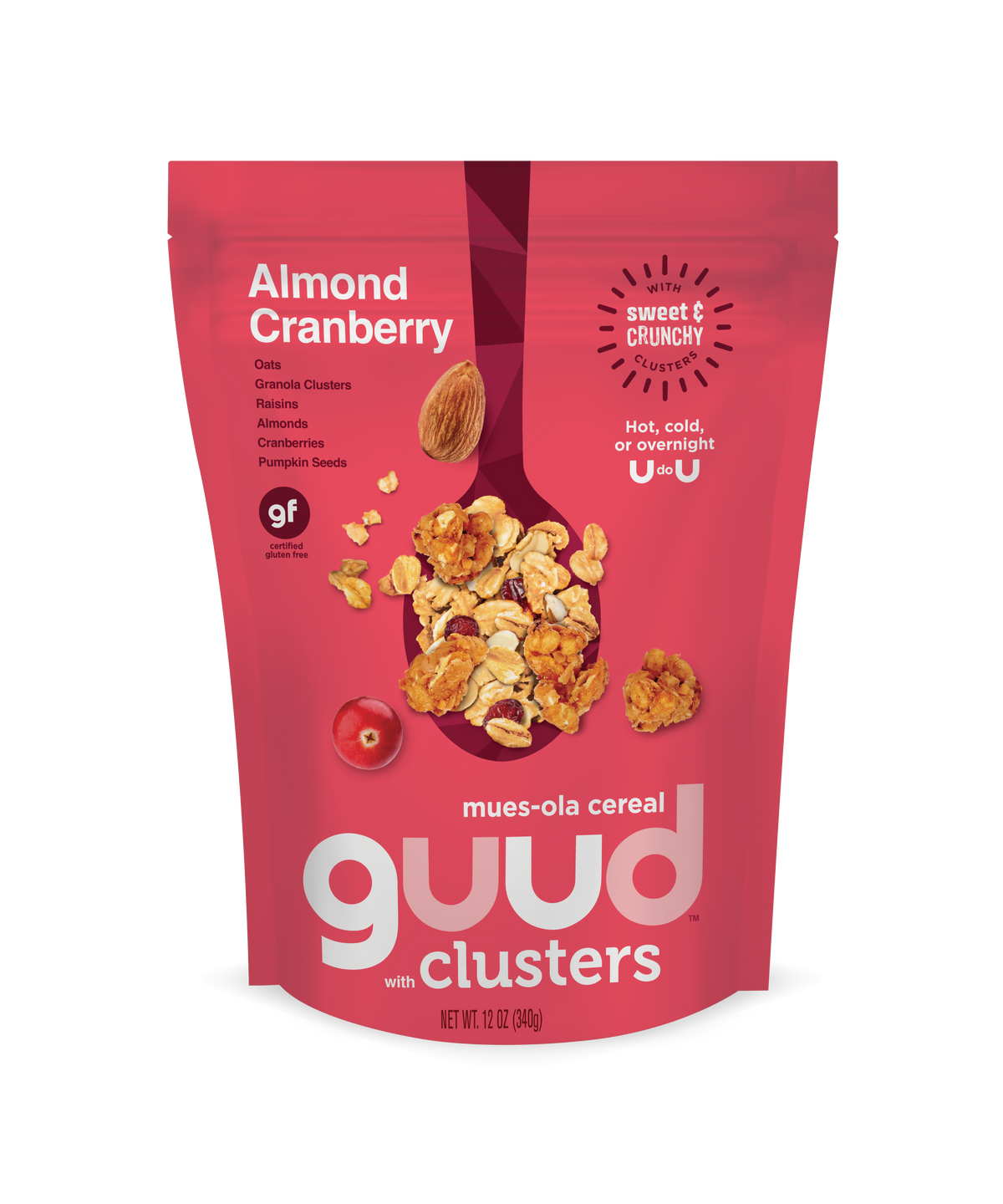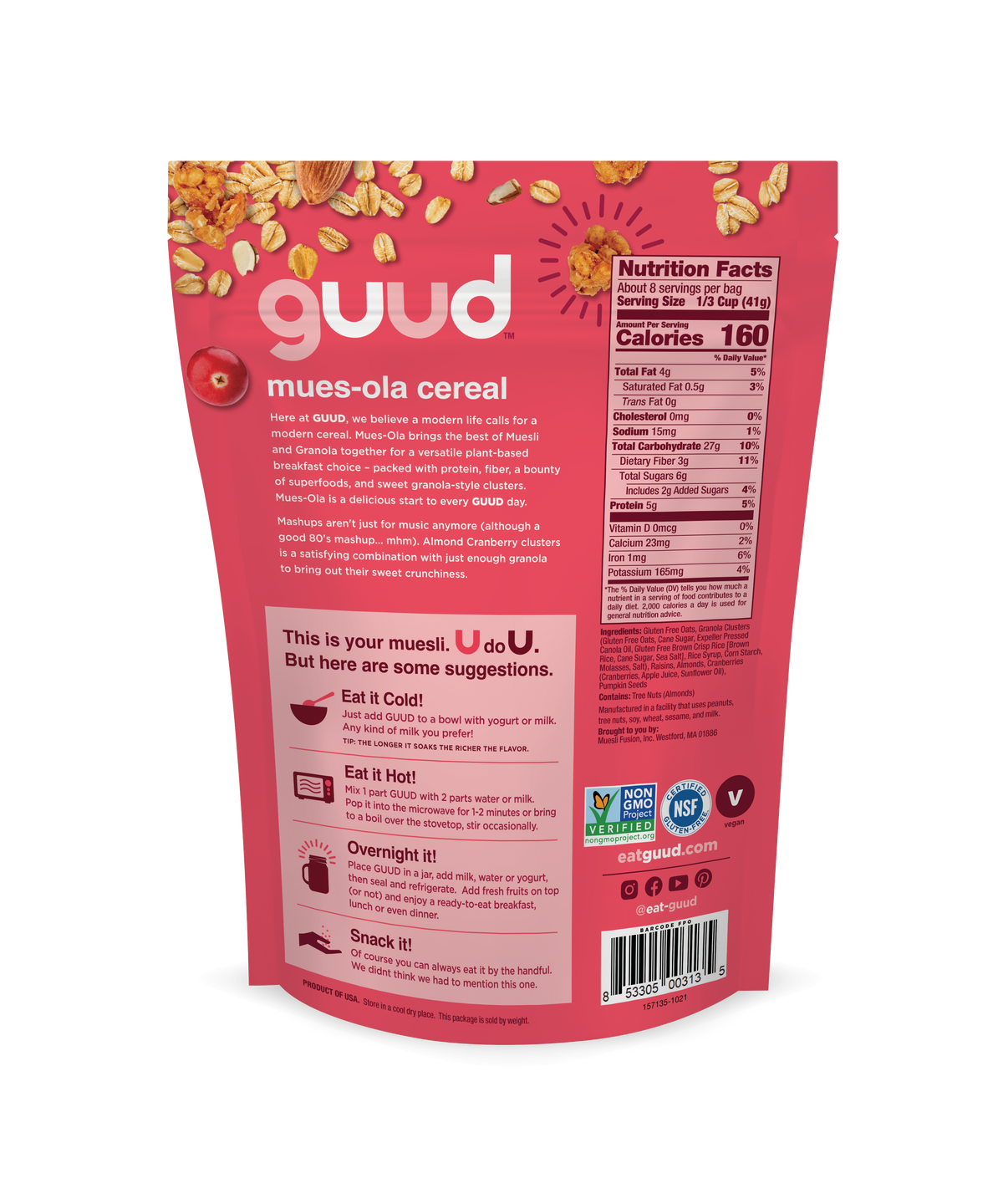For athletes, pre-workout nutrition plays a crucial role in providing energy, enhancing performance, and promoting recovery. That's because certain nutrients, including protein and carbs, fuel your muscles and prevent low blood sugar, helping to fight fatigue or weakness.
The harder you train, the more you need to pay attention to nutrition. So what should you eat before a tough workout, endurance event, or competition? In this article, learn about the best pre-workout foods for active adults, as well as tips regarding meal timing and hydration prior to physical activity.
Pre-Workout Nutrition Tips for Athletes
Why does nutrition matter for athletes? Because "you are what you eat," meaning focusing on nutritious foods will support your performance and overall well-being much more so than processed, "empty calories" will.
Here are several reasons why athletes should pay attention to both what they eat and when they eat:
- Energy and Fuel: Proper nutrition provides the necessary macronutrients (carbohydrates, proteins, and fats) to fuel performance. For example, adequate carbohydrates help replenish glycogen stores and provide quick energy. While some people believe exercising while fasting can promote weight loss, this isn't the best approach for performance because it can zap your energy, especially when doing rigorous training.
- Strength: Proteins support muscle repair and growth, contributing to strength. Intense exercise causes micro-tears in muscles, but protein helps rebuild damaged muscle fibers and supports the development of lean muscle mass.
- Mental Focus and Cognitive Function: Nutrition affects not only physical performance but also mental focus and cognitive function. Balanced meals and adequate hydration contribute to improved concentration, reaction time, decision-making, and overall mental well-being, allowing athletes to perform at their best.
- Hormone Regulation: Healthy fats contribute to energy production and hormone regulation, for example by boosting testosterone production which assists in muscle growth.
- Recovery and Injury Prevention: Carbohydrates and protein after exercise help replenish glycogen stores, reduce muscle breakdown, and accelerate muscle repair. Additionally, certain nutrients like antioxidants and anti-inflammatory compounds can help reduce exercise-induced oxidative stress and inflammation, potentially minimizing the risk of injury. Vitamins and minerals also support tissue repair, collagen synthesis, and bone healing, facilitating a quicker and more efficient recovery process.
- Immune Function: Rigorous training can temporarily suppress the immune system, making athletes more susceptible to illnesses. A well-balanced diet rich in vitamins, minerals, and antioxidants supports a robust immune system.
Here are some tips for optimizing your pre-workout nutrition:
Timing: Aim to have a meal or snack containing carbohydrates and protein about 1-3 hours before your competition or workout. This allows for enough time for you to digest and absorb the nutrients you've consumed. However, if you're short on time, a small snack 30 minutes to an hour before exercise can still be beneficial for giving you a boost in energy. If you prefer to eat closer to your workout, opt for something mostly carbohydrate-based, such as fruit, a healthy muesli "granola" bar, a small smoothie, or another healthy recipe using whole grains.
Carbohydrates for Energy: Consume complex carbohydrates that provide a slow release of energy, such as whole grains, fruits, and vegetables. They help maintain blood sugar levels and provide sustained energy during your workout.
Protein: Including a source of protein in your pre-workout meal or snack can support muscle repair and growth, as well as metabolic functions.
Hydration: Hydrate well before exercise to ensure optimal performance. Drink water or fluids containing electrolytes to replenish your body's fluid levels. Aim to consume around 16-20 ounces of fluids 2-3 hours before your workout and an additional 8-10 ounces 10-20 minutes before starting.
Healthy Fats: Including a small amount of healthy fats in your pre-workout meal can help provide sustained energy. Avocado, nuts, seeds, and olive oil are good options. However, keep the portion moderate to avoid digestive discomfort during exercise.
Avoid Heavy Meals: Large, heavy meals can cause digestive issues and discomfort during workouts. Opt for lighter meals or snacks that are easy to digest, especially if your workout is scheduled closer to mealtime. That said, consider the intensity and duration of your workout. If you're engaging in a high-intensity or long-duration exercise, you may need more time to digest a larger meal. On the other hand, lighter workouts may require less time for digestion.
Avoid New Foods: Pre-workout is not the best time to experiment with new foods or supplements. Stick to familiar, well-tolerated options to avoid any potential adverse reactions or digestive disturbances.
Best Pre-Workout Foods for Energy and Performance
The best foods to eat before a workout are those that provide a combination of carbohydrates for energy and protein for muscle support. You also want to listen to your body and choose foods that you enjoy and can tolerate well before exercise, this way, you avoid digestive issues such as cramps.
Here are some examples of pre-workout foods that fuel physical activity:
- Whole grains: Foods like oatmeal, whole wheat bread, quinoa, or brown rice are excellent sources of complex carbohydrates. They provide a steady release of energy during your workout and may help aid in stamina and endurance.
- Lean meats or fish: Chicken, turkey, salmon, or tuna are excellent sources of protein. Choose grilled or baked options instead of fried to keep the meal lighter.
- Fruits: Bananas, apples, berries, or oranges are rich in natural sugars, fiber, and vitamins. They offer a quick source of energy and hydration.
- Greek yogurt: Greek yogurt is high in protein and also contains carbohydrates. It provides a good balance of nutrients and can be paired with fruits or muesli for added flavor and texture.
- Eggs: Eggs are a complete protein source and contain essential amino acids. They can be prepared in various ways, such as boiled, scrambled, or as an omelet.

- Smoothies: Blend together fruits, Greek yogurt, milk or plant-based milk, and a scoop of protein powder to create a nutrient-dense smoothie. This option is convenient, easy to digest, and customizable to your taste preferences.
- Nut butter: Peanut butter, almond butter, or cashew butter are rich in healthy fats and protein.
- Vegetables: While lower in carbohydrates, vegetables like carrots, bell peppers, or cucumbers can provide vitamins, minerals, and hydration.
How to Eat for Aerobic Exercise Vs. Strength-Training
Tailoring your pre-workout nutrition based on your specific goals, intensity, and duration of your training can support your body's needs. Nutritional requirements can vary between aerobic (cardiovascular) exercise and strength training (resistance) exercise due to differences in energy demands and metabolic processes. That being said, you'll benefit from a balanced diet that includes a variety of whole foods when doing just about any type of exercise.
Here are some key nutritional considerations for each type of exercise:
Aerobic Exercise:
- Carbohydrates for sustained energy: Aerobic activities like running, cycling, or swimming primarily rely on carbohydrates for fuel. Consuming complex carbohydrates (whole grains, fruits, vegetables) before aerobic exercise helps provide a steady source of energy for the duration of the workout.
- Moderate protein intake: While protein is not the primary fuel source for aerobic exercise, it still plays a role in muscle support and recovery. Including a moderate amount of protein (lean meats, legumes, dairy products) in your pre-aerobic exercise meal can be beneficial.
- Hydration: Aerobic activities often result in increased sweating and fluid loss. Prioritize hydration by drinking water or fluids such as coconut water containing electrolytes before, during, and after aerobic exercise to maintain proper fluid balance.
Strength Training Exercise:
- Protein for muscle support: Strength training places greater emphasis on muscle growth and repair. Consuming an adequate amount of protein (lean meats, poultry, fish, dairy products, plant-based proteins) before strength training helps support muscle protein synthesis.
- Carbohydrates for energy: Although carbohydrates are not as critical for strength training as they are for aerobic exercise, they still provide energy for intense workouts. Including carbohydrates (whole grains, fruits) in your pre-strength training meal can help fuel your workout and support performance.
- Timing of nutrients: For strength training, consume a balanced meal containing carbohydrates and protein 1-3 hours before exercise, then aim to have a snack rich in protein and carbohydrates afterward.
Foods to Avoid Eating Before a Workout
While there are no strict "forbidden" foods before a workout, there are certain types of foods that may cause discomfort or hinder performance if consumed too close to exercise.
Here are some foods to consider avoiding or minimizing before physical activity:
- Heavy or fatty meals: Foods that are high in fat, such as deep-fried dishes, rich sauces, or greasy fast food, can slow down digestion and make you feel sluggish.
- Large portions: Eating overly large meals close to your workout can make you feel sluggish and uncomfortable.
- Sugary treats: While a small amount of natural sugars from fruits or honey can be beneficial, consuming sugary treats like candy, cookies, or sugary drinks before a workout can cause a rapid rise in blood sugar levels followed by a crash, leaving you feeling lethargic.
- High-fiber foods: While fiber is generally healthy, consuming large amounts of high-fiber foods, like beans or cruciferous vegetables (broccoli, cauliflower), shortly before a workout can lead to gastrointestinal distress or bloating.
- Spicy foods: Spicy dishes, such as hot peppers or heavily seasoned foods, can cause heartburn, acid reflux, or digestive discomfort for some people if eaten before or during exercise.
- Carbonated beverages: Carbonated drinks, including soda or sparkling water, may lead to bloating or gas. Stick to still water or non-carbonated beverages for hydration.
Putting it All Together: Pre-workout Meal Ideas
Pay attention to your body's responses and experiment with your own pre-workout nutrition to find what works best for you. When in doubt, choose whole foods that are rich in carbs and protein, such as whole grains like oats, fruit, and Greek yogurt.
Need some pre-workout meal ideas? Try these:
- Greek Yogurt with Berries and Muesli: Enjoy a serving of Greek yogurt for protein and combine it with fresh berries (such as blueberries, strawberries, or raspberries) for antioxidants and fiber. Add some GUUD Athlete Fuel Organic Muesli on top, with extra chopped nuts if you'd like.

- Whole Grain Muffin or Toast with Nut Butter and Banana: Spread a tablespoon of your favorite nut butter (such as almond, peanut, or cashew) on a Muesli Protein Muffin or slice of whole grain toast. Top it with sliced banana for added carbohydrates and potassium.
- Muesli with Protein Powder and Fruit: Prepare a bowl of muesli and mix in a scoop of your preferred protein powder and milk to boost the protein content. Add sliced fruits like apples, berries, or diced mango for natural sweetness and extra nutrients.
- Chicken or Turkey Wrap: Fill a whole grain wrap with lean protein like grilled chicken or turkey breast. Add some sliced vegetables like lettuce, tomatoes, and cucumbers. You can also include a spread like hummus or avocado for flavor and healthy fats.
- Smoothie with Protein and Greens: Blend together a combination of fruits (e.g., banana, berries, mango), a handful of leafy greens (such as spinach or kale), a scoop of protein powder, and a liquid of your choice (water, almond milk, or coconut water). Optionally, you can add muesli, nut butter, flaxseeds, or chia seeds for extra nutrients.











